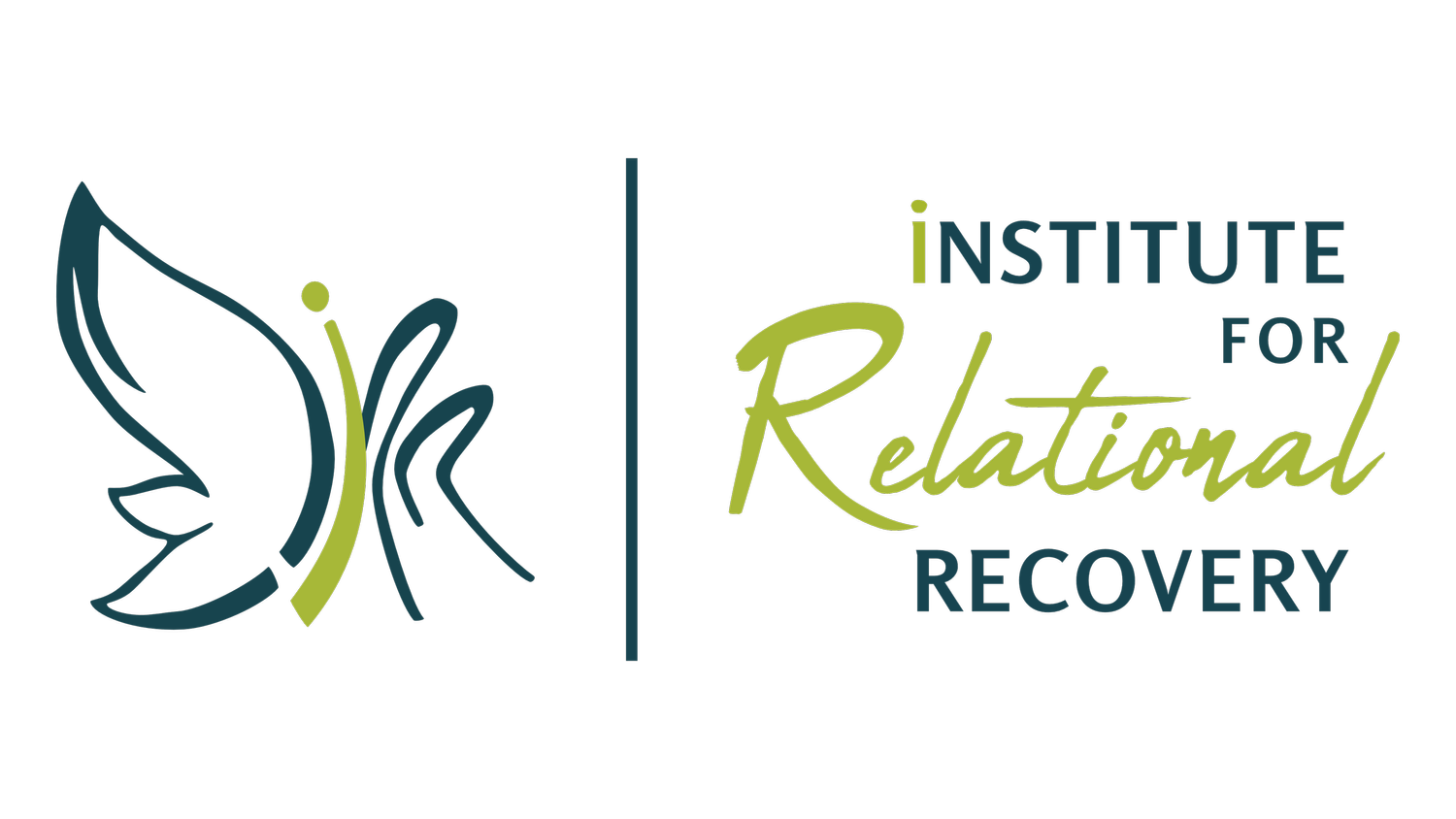Common Questions Women Have When Their Man Is Enmeshed With His Mother
Erin Wysong-Warren, LPC-S, NCC, CSAT, CPTT, SEP
Living with or being married to a man who is enmeshed with his mother creates unique challenges within your relationship. You love your partner, but his actions regarding his mother can hurt deeply. Know you are not alone in this, and you do have options.
But first, what is enmeshment?
Enmeshment is when two or more people rely so heavily on each other that they have difficulty functioning apart. This could look like being unable to make decisions without consulting the other or feeling extremely uncomfortable or unable to handle conflict within the relationship, even to their own detriment.
Some signs of a man being enmeshed with his mother include:
Struggling to make his own decisions
Having mixed emotions regarding his mother
Making compromises to keep the peace at all costs
Struggling with self-control
Taking his anger out on you
Keeping you from interacting with his mother
Gaslighting or lying to you
To learn more about enmeshment, check out our other article, Enmeshment 101 - What it is and Steps You Can Take. To learn more about what to do if you are married to a mother-enmeshed man, check out What to Do When Your Partner is Married to His Mother.
Here are nine of the most common questions women ask when they realize their man is enmeshed with his mother.
1. How can I get my mother-enmeshed man to be more committed to me?
Unfortunately, you can't. While that may be hard to hear, you should know it has nothing to do with you. If your man is trapped in an enmeshed relationship with his mother but is actively working through his issues, the best thing you can do is offer him support through patience and understanding. Over time, he will likely see you in a more positive light that is pleasant to be around. In some cases, this could lead to more commitment, but it's important to realize that it may not, especially if he decides not to work on the problem.
2. Should I pressure my partner to face his issues with his mother or insist he go to therapy?
Pressuring or forcing someone to confront problems they are not ready to cope with can often make the issue worse. For a mother-enmeshed man, this could result in him putting you in the same controlling category as his mother (regardless of how good your intentions are). The best way to approach this situation is to have an honest conversation about how you feel his interactions with his mother affect your relationship. Be careful to avoid attacking his mother or speaking ill of her, as this will likely cause him to be defensive. Instead, tell him you would like to seek outside support for the situation to make changes that will benefit you both.
If he refuses to seek support or change his behavior, you may need to consider leaving the relationship, or if leaving is not an option, you will need to make peace with the fact that it will not be the committed relationship you are looking for. Either way, you need to know what you plan to do if change doesn't happen in a reasonable amount of time.
3. What should I do if he lets his mother interfere when we have dedicated time together?
Planning time alone only for his mother to show up can be frustrating. While it may be tempting to lash out, staying in control of your emotions is vital. You have two options in this scenario. First, you can calmly remind him of your boundary and then let him know you are ending the date, or, you can instead say nothing in the moment and bring it up during your next couple's counseling session. Either way, you must take action to keep from enabling the behavior.
4. What if his mom has passed away?
While you may think her passing will solve the issue, that isn't typically the case. Your partner likely still has the same limited ability to be emotionally intimate due to still being tied to her emotionally, lacking independence, and severely missing a sense of true self. He will also likely continue to act out his betrayal trauma (such as avoiding conflict, lying, or taking his anger out on you) caused by his mother within your relationship. The grief and separation process requires just as much patience as if he were creating boundaries with her while she was still alive.
5. Should I have seen the red flags?
Looking back, you may notice some red flags from earlier in your relationship. Perhaps he played along when his mother excluded you from plans, or maybe he defended her over you in an argument. It can be easy to spot looking back but remember to give yourself some grace. You did nothing wrong by falling in love with your man. How you want to handle the relationship in the future is up to you, but don't blame yourself for falling in love or not seeing the red flags.
What if he wants to bring his mother to our counseling sessions?
This is an uncomfortable situation to be in. Still, if your partner asks to bring his mother along, you must remember to keep your boundaries in place; make it clear that it is unacceptable, and bring it up with your therapist.
This kind of dynamic in a counseling session would not be productive. It would put your partner in a situation where his loyalties are divided. For him to begin to heal, his enmeshment work must be with his counselor, not with his mother. Remember that couple’s counseling is a safe space for you and your partner to discuss issues within your relationship. Bringing in anyone outside of your enmeshment-informed therapist would make the space no longer safe.
7. Is there any hope for our relationship?
There is always some hope, but you have to be honest with yourself. He may change, and he may not. You cannot control him. You must decide what matters to you and base your decisions on that.
8. What should I say when he accuses me of trying to cut him off from his family? Or asks, "What's wrong with being close to my mother?"
The best thing you can do in this situation is to reassure him that you want him to have a close relationship with his family, but that you are concerned that they sometimes take priority over you and your relationship. It may be tempting to lash out and point out all the reasons you want him to cut ties or distance himself, but keeping your emotions in check is important to keep from pushing him away.
9. How should I prepare for individual therapy if my partner refuses to join me?
Prepare to acknowledge your feelings. You likely feel frustrated, angry, sad, or even anxious about the future. Work with an enmeshment-informed therapist even if you are attending therapy alone. This will ensure your therapist understands your unique challenges and can offer adequate support.
You will also need to understand what you want to gain from your therapy sessions. For example, if you are only searching for validation, this could make you feel frustrated that your man doesn't see what you and your therapist see. However, if you are looking for coping skills or conversation strategies, you will gain knowledge during your sessions and can leave feeling empowered. Your enmeshment-informed therapist can help you discover what you need most if you are not sure where to start.
Therapy offers support during what can be a lonely process of helping your man to heal or deciding to move forward alone. If you would like to reach out to a therapist for support with an enmeshed relationship or other mental health concern, contact us on our contact page or call (214) 906-5138.
Source: Aspects of this article come from Dr. Ken Adams' book When He's Married to Mom, as well as years of ongoing experience working with enmeshed clients both individually and in Dr. Adam’s workshops for enmeshed women.
About the Author
Erin Wysong-Warren
LPC-S, NCC, CSAT, CPTT, SEP







